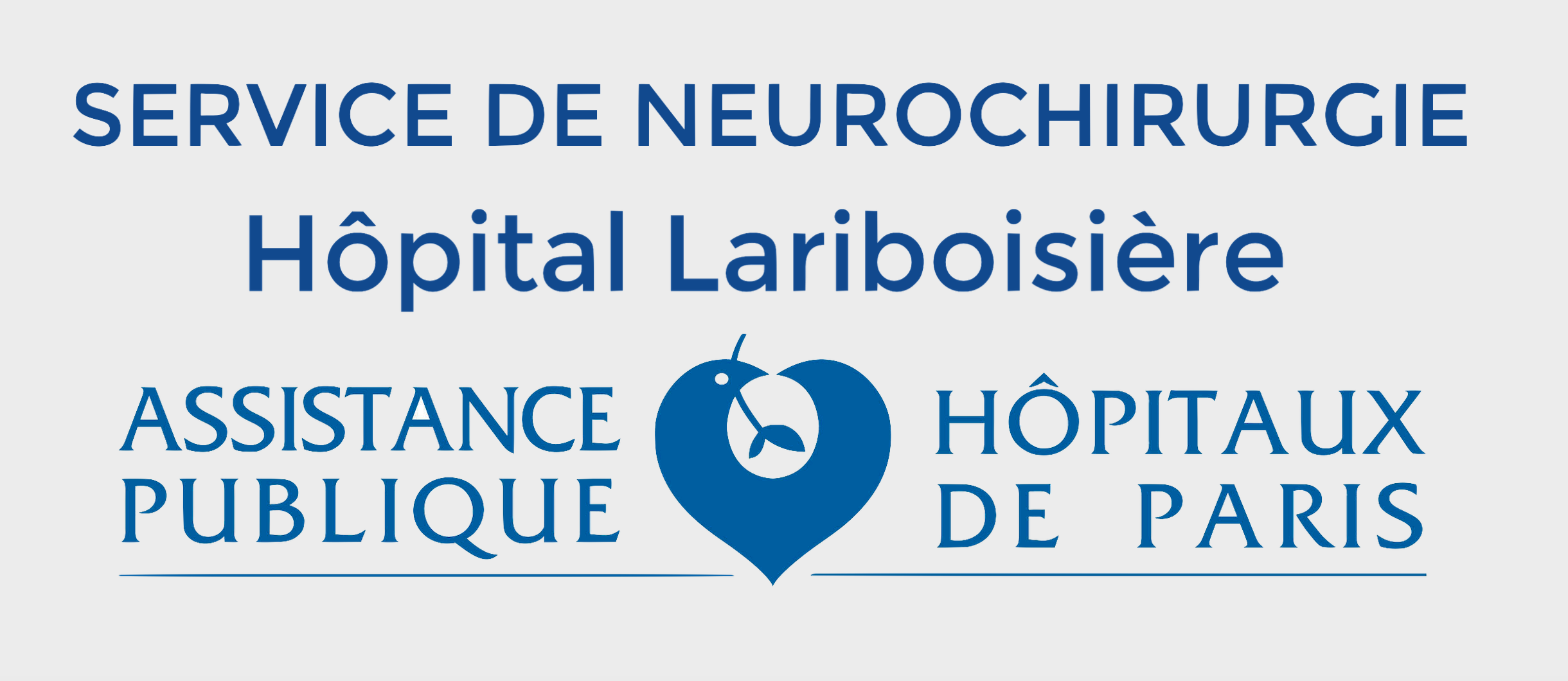Research Program in Anatomy and Neurosurgical Techniques
Every year, we welcome Neurosurgeons for periods of 6 months to a year for a skull base research fellowship.
Application
- Letter of Intent
- Curriculum vitae
- Project proposal (Neuro-anatomy, development of surgical techniques, development of innovative technologies, …)
Requests are to be sent by email to Mrs Melanie Trehoux, melanie.trehoux@aphp.fr, copy to Prof. S. Froelich, sebastien.froelich@aphp.fr
Once your application is accepted, the administrative procedure lasts about 2 to 3 months.
Fellowship program
Our dedicated skull base neurosurgery team, faculty and skull base clinical fellows, supervises the trainees :
- Finalization of the project
- Follow-up of project progress during laboratory meeting
- Assistance for the publication of the results
Activity Details
Laboratory work is done in collboration with other research fellows and skull base clinical fellows.
- Research in the laboratory,
- Participation in ongoing, clinical, technical and anatomical projects,
- Observation of the surgical activities of Prof. S. Froelich,
- Participation in outpatient clinic,
- Participation in staff meetings and skull base tumor board,
- Participation in the organization / supervision of training courses – Workshop at IRCAD Strasbourg (2 courses per year) and Lariboisiere Skull Base Masterclass in the laboratory (4 courses / year)
Objectives
2 publications in international peer-reviewed journals
Fellows and previous projects
- Francesco Corrivetti, Italy, April 2016-July 2016. Research topic: Endoscopic techniques applied to insular surgery.
- Dr. Kenishi Oyama, Japan, November 2012 – November 2013. Research topic: V1-V2 anterolateral triangle.
- Dr. Wei Chieh CHANG, Taishung, Taiwan, November 2013 – November 2014. Research topic: Transorbital endonasal approach to the temporal lobe.
- Dr. Shunya Hanakita, Tokyo, Japan, November 2016- November 2017. Research topic: Deep skull baseions: Multiportal -multimodal approach.
- Dr. Hun-Ho Park, Seoul, Korea, May 2017 – January 2018. Research topic: Endoscopic endonasal approach to the mesial temporal lobe.
- Dr. Daniel Ranconi, Belohorizonte, Brazil, May 2017-October 2017. Research topic: Trans-orbital approach to the mesial temporal lobe.
- Dr. Valentino Tardivo, Turin, September 2017- March 2018. Research topic: Endoscopic assisted approach to the craniocervical junction through the far lateral approach.
- François Rhéault, Canada, June 1st, 2017
- Miguel Marigil Sanchez, Spain, August 2018-November 2019. Comparative study of the transorbital and supraorbital approaches.
- Davide Di Carlo, Pisa, January 2019-May 2019. Research topic: Endoscopy assisted approach of the clivus using the anterolateral approach for the craniovertebral junction.
- Arianna Fava, Pisa, Italy, Research topic : Endoscopic assisted appraoch to the CCJ through a far lateral appraoch
- Fumhiro Matano, Japan, research topic : Vertebral artery transposition
- Atsuchi Okano, Japan, research topic : prelacrymal endoscopic endonasal approach to the temporal fossa
For more information
Contact: Prof. Sébastien Froelich, sébastien.froelich@aphp.fr
